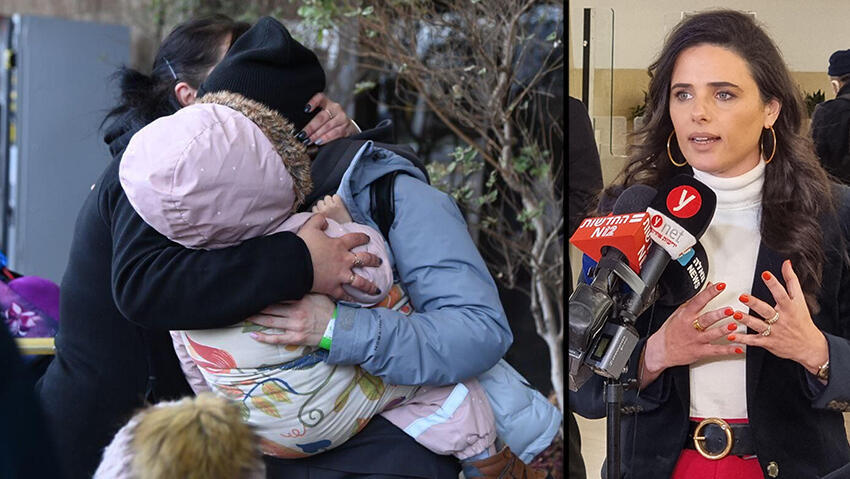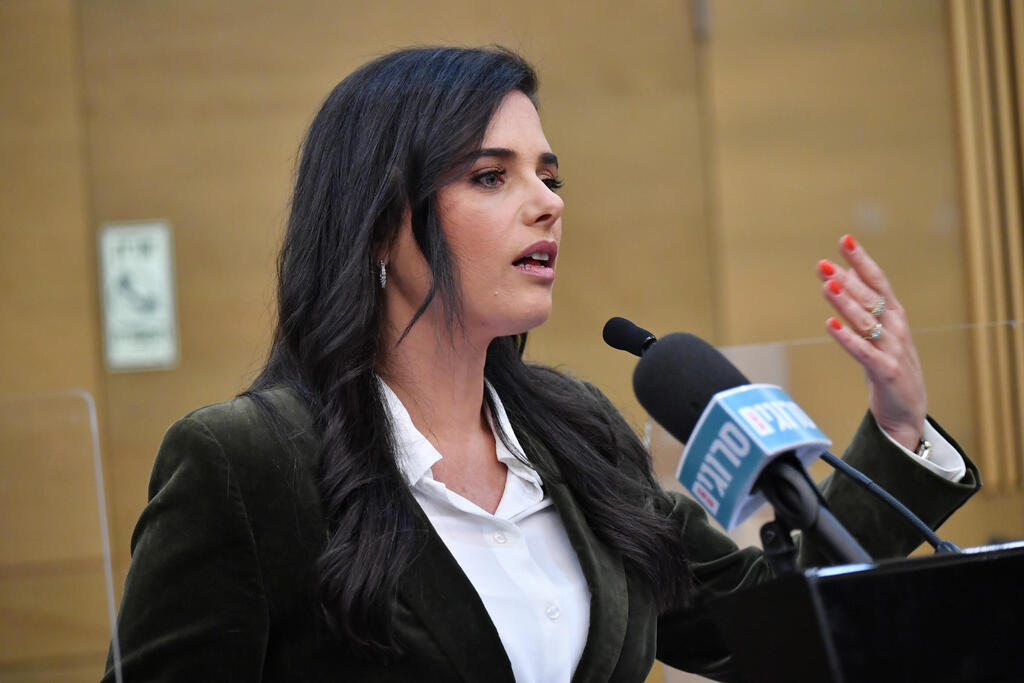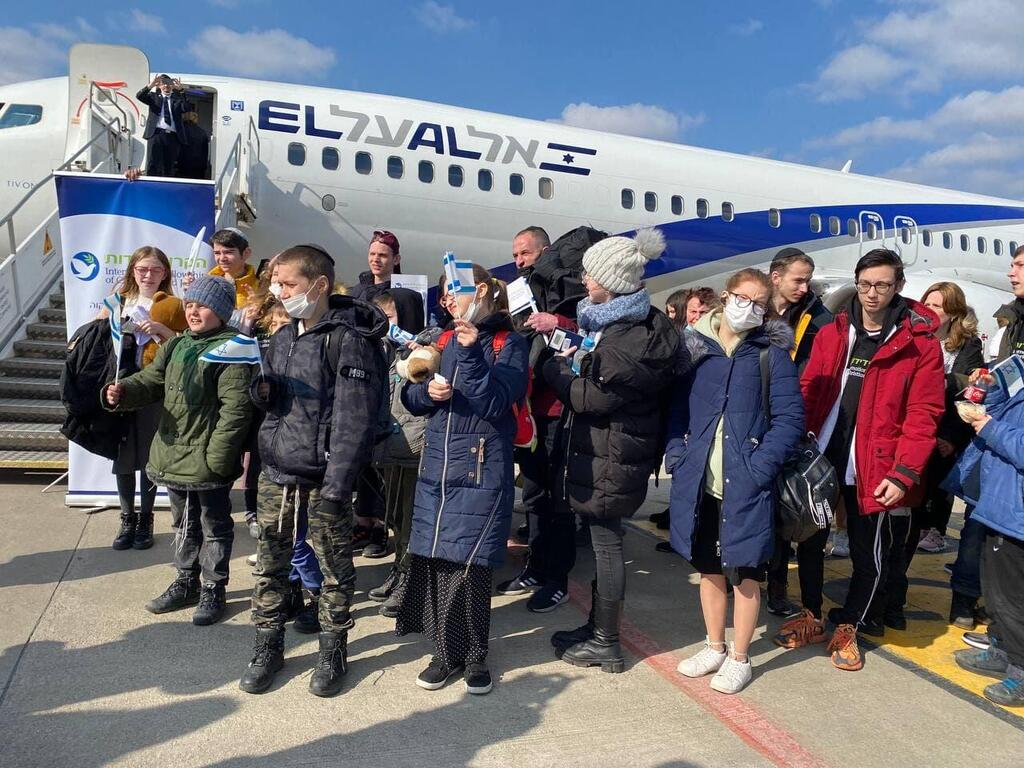The Israeli Supreme Court on Sunday voted unanimously to overturn a policy limiting the number of Ukrainian refugees allowed to enter Israel amid the Russian invasion of the ex-Soviet nation.
The axing of the policy, which was put in place by Interior Minister Ayelet Shakked and set a quota of 5,000 entrants from the war-torn country, means Ukrainian nationals will be once again able to travel and stay in Israel for up to three months without attaining a visa like before the outset of the conflict.
The Interior Ministry will still be able to restrict entry to some Ukrainians contingent upon cooperation between the two countries and the approval of the Knesset's Internal Affairs Committee.
Ukrainian President Volodymyr Zelensky welcomed the ruling on Twitter.
"I commend the decision of the Supreme Court of the State of Israel, which obliges the government of Israel to abolish any additional restrictions on the entry of citizens of Ukraine," he wrote.
"The rule of law and respect for human rights is exactly what distinguishes a true, developed democracy!"
The Jewish state revised its policy regarding the travel of Ukrainian nationals into the country after Russia launched its invasion of its Eastern European neighbor.
Fearing a massive influx of Ukrainian refugees into the country, Shaked worked to draw up a "more balanced" policy on the issue, according to her, given that 90% of the refugees arriving in Israel are not eligible to immigrate according to Israel's Law of Return, which gives Jews, their children and grandchildren the right to relocate to Israel and acquire Israeli citizenship.
Under the now-canceled policy, first-degree relatives of Israeli citizens who aren't eligible to relocate under the Law of Return were only allowed to enter Israel under a 90-day tourist visa, contingent upon their Israeli host's signature and their commitment to return to Ukraine at the end of the approved period of stay.
Ukrainians that do not fall under this category were questioned by border control upon arrival in order to ensure they have family in Israel. The refugee's host family were then asked to guarantee their departure from Israel, and put down a NIS 10,000 deposit per person to avoid overstaying.
Immigration lawyer Tomer Warsha, who petitioned against the move, argued it lacked any legal grounds and contradicts Israel's obligation to protect the right to life and security of Ukrainian civilians.
On Sunday, the Supreme Court accepted Warsha's petition but noted the ruling does not diminish the interior minister's authority to block the entry of foreign nationals into the country on an individual basis and according to standard procedure.
"We're happy that Ukrainian citizens, who are still in the midst of war, will be able to find peace in the State of Israel alongside their relatives and friends," Warsha said.




